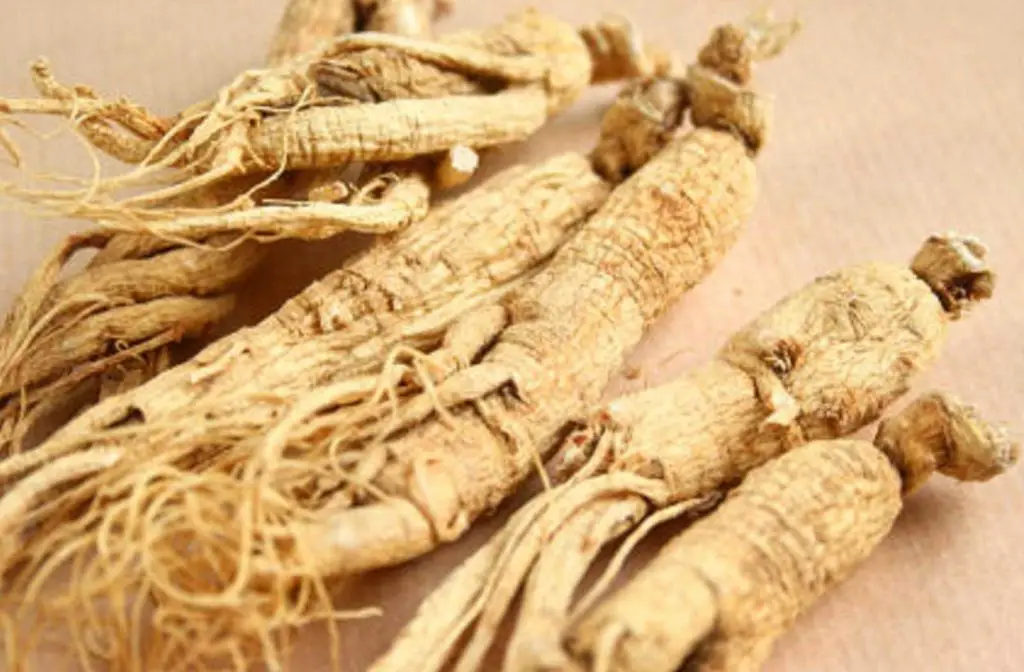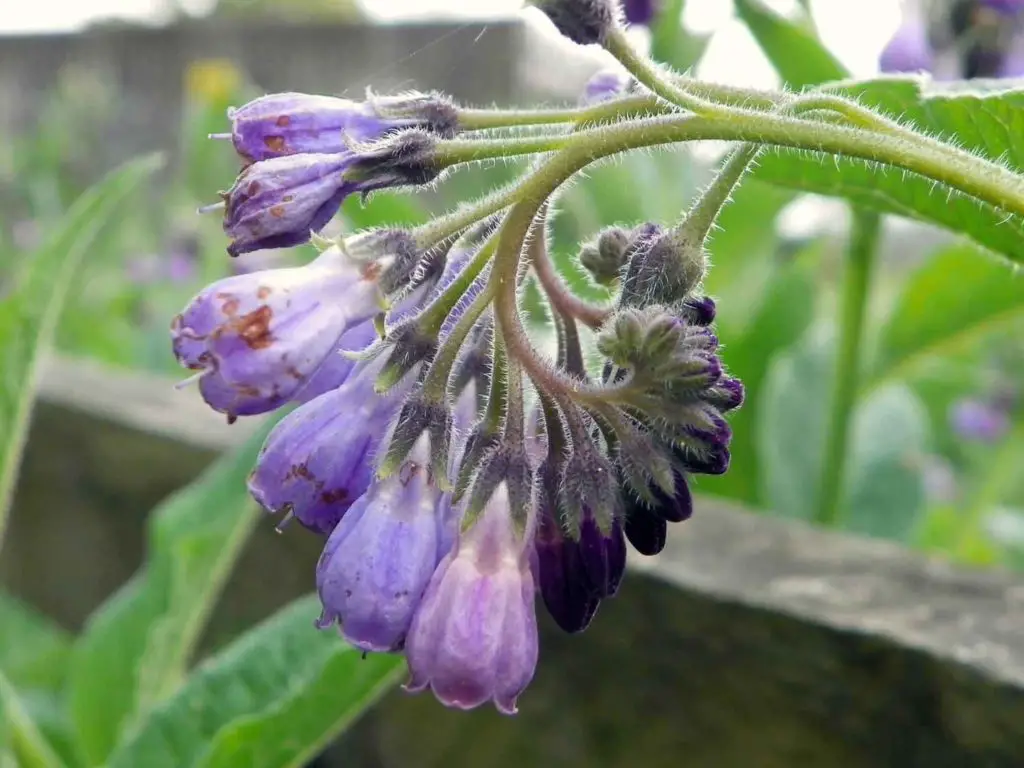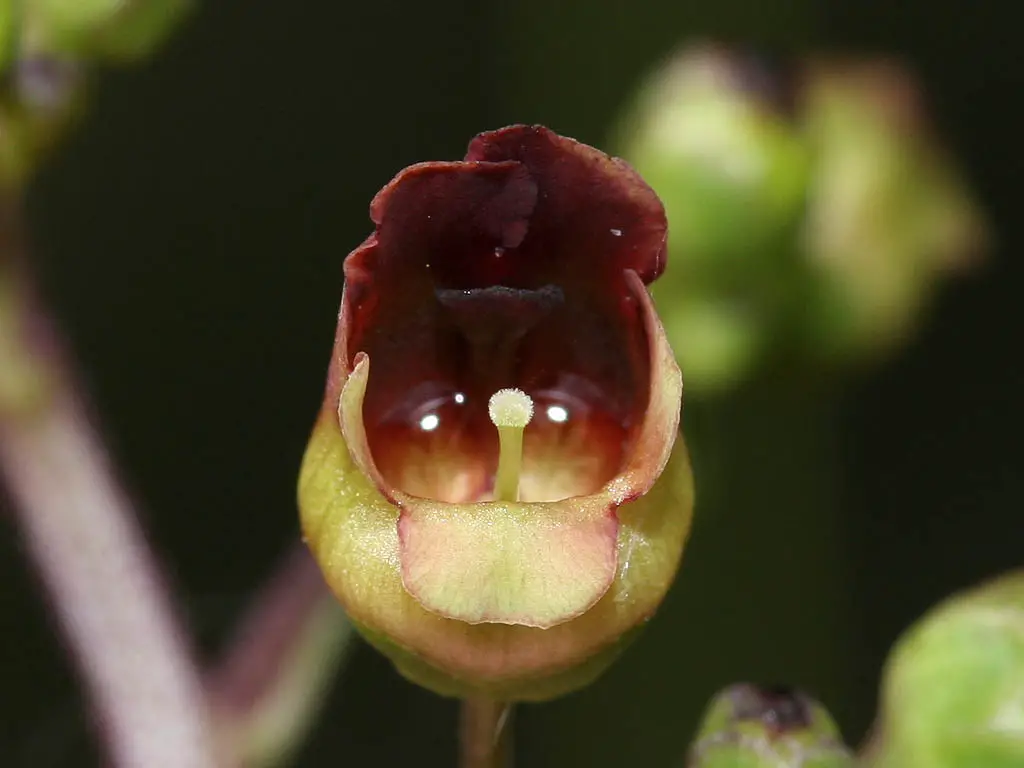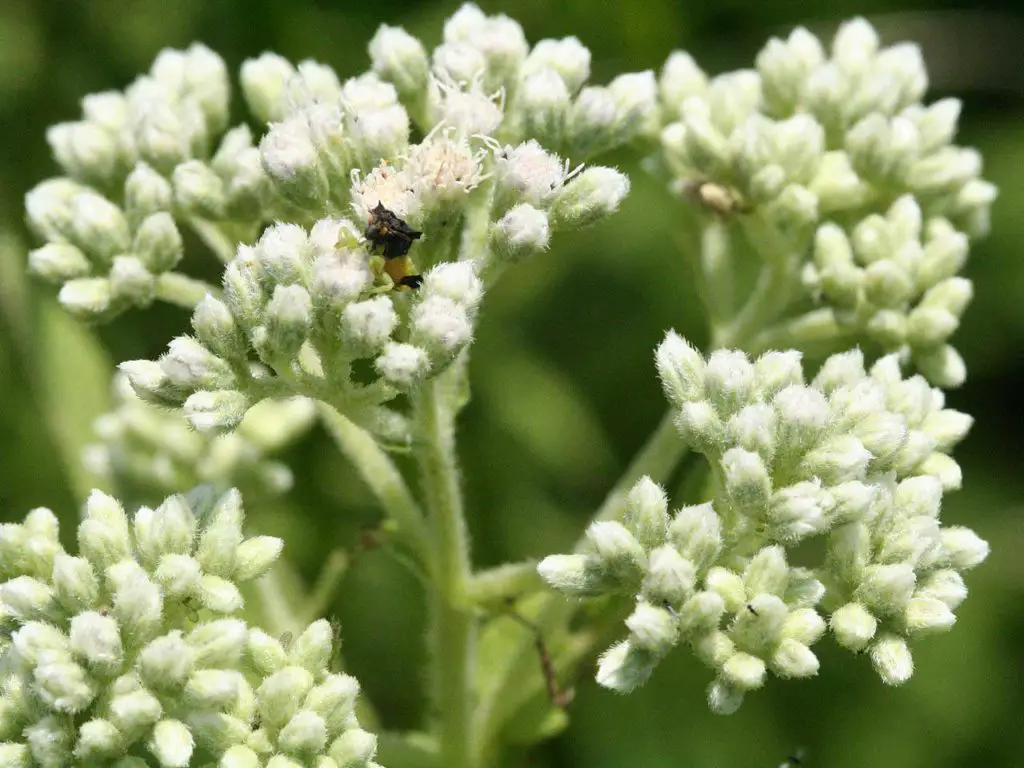What is Eleuthero Root?
Eleuthero, is an herb derived from the roots of the plant Eleutherococcus senticosus, more commonly known as Siberian ginseng. Siberian ginseng is not closely related to American or Asian ginseng which are members of the genus Panax. Unlike traditional ginseng which is a flowering plant, Siberian ginseng grows as a thorny shrub native to regions of Siberia and eastern Asia. Eleuthero is often classified an adaptagen, or a compound that helps the body adapt to internal or external stressors. It has been widely used in traditional medicine in Russia, China, Korea, and Japan.

Eleuthero Root Benefits and Uses
As an Adaptagen, Eleuthero is reported to enhance physical and mental performance as well as boost the immune system. Recent studies have examined Eleuthero in the treatment of cancer, herpes, HIV, Parkinson’s disease, and bipolar disorder.
Physical Performance
Eleuthero has a historical reputation of reducing symptoms of fatigue. Some scientific studies suggest that it may reduce heart rate, increase oxygen intake and absorption, and increase fat oxidation. Eleuthero may also reduce lactic acid formation, thereby delaying muscle fatigue. A combination of these effects would result in overall fatigue reduction and a perception of increased physical performance, however, the chemical and physiological mechanisms behind this effect remain unknown.
Cognitive Enhancement
Eleuthero has been observed to assist in halting cognitive decline and improving cognitive abilities in elderly patients. A 2002 study showed the herb having a regulatory effect on norepinephrine and dopamine levels in parts of the brain, which assisted in delaying the onset of Parkinson’s disease in rats. Eleuthero is considered a natural mood stabilizer as it has been used to help treat bipolar disorder specifically, when used in conjunction with lithium as it inhibits the elimination of lithium from the body. Overall, Eleuthero use is believed to improve memory, preserve cognitive function with aging, and even sharpen cognitive abilities. However, similar to its reported physical performance enhancement, there have not been enough clinical studies to confirm these effects.
Immune Booster
A German study found an increase in killer B cells, in addition to an increase of killer T and helper T cells, when Eleuthero was administered. Other studies have also observed an increase of immune system stimulatory factors with eleuthero treatment. These immuno-protective effects make Eleuthero an attractive candidate for use in treatment of viruses from the common cold, flus, herpes, or even HIV.
Antioxidant
A number of compounds in Eleuthero may be responsible for the prevention of free radical formation in humans. Since free radicals have the ability to mutate DNA, these antioxidant effects may make Eleuthero effective in the prevention of cancers. It is known that antioxidants are stored in the plant tissue to assist with oxidative stress in the plant. However, it is unknown whether the levels obtained by consuming the plant are sufficient enough to have a protective effect in humans.
In addition to those benefits and uses Elethero has also been known to aid in the following:
- Memory
- Anxiety
- Anti-aging
- Detoxification
- Insomnia
- Stress
Did you know? Eleuthero Root enhances physical and mental performance and boosts your immune system. Get it => here
— MedicinalHerbals (@MedicinalHerbal) February 27, 2017

Eleuthero Root Side Effects
Because of its boosting effect on the immune system, Eleuthero should not be taken with immunosuppressants, and people with autoimmune disorders, such as rheumatoid arthritis, lupus, or Crohn’s disease, should not take it. Additionally, patients that have had an organ transplant should not take Siberian ginseng. Some compounds in Eleuthero may act as a mimic of estrogen. Therefore, women with a history of uterine fibroids or estrogen-sensitive cancers should avoid taking the herb. People with a history of schizophrenia should also not take Eleuthero because of its neuro-stimulatory effects. Patients should consult with their doctor before taking Eleuthero in conjunction with any medications as it may interact with various sedatives, steroids, heart disease medications, and diabetes medications.
Eleuthero Root Dosage
The standard dose for Eleuthero is between 300 and 1200 mg. However, higher doses have been recommended, especially to treat acute conditions. Eleuthero can be taken for up to 3 months, continuously followed by a break from treatment for about 3 to 4 weeks. Overall, eleuthero clears the body at a relatively high rate. Therefore, it is reasonable to take more concentrated forms of the herb (ie. Tinctures and extracts over teas). However, since alcohol may counter some the effects of the herb, tinctures and some extracts may not be preferable for receiving the full cognitive effects and physical effects of the herb. The University of Maryland Medical Center also warns that tests have shown that as many as 25% of commercial products advertising Siberian ginseng in the ingredients actually contained none. As a result, capsules from a reputable manufacturer may be the best delivery method.

Conclusion
Siberian ginseng is an herb that has a wide variety of benefits with relatively few negative effects. Additionally, there are very few reported concerns about toxicity over a long treatment time. Therefore, Siberian ginseng may be a great herbal supplement to add to a daily regimen after consulting with a physician. As with many herbal supplements, there is a lack of consistency between products in dosing as well as quality. As mentioned above, tests of supplements have found that some products advertising Siberian ginseng actually contain none of the herb and some contain impurities that are not included on the label. When selecting a supplement, it may be beneficial to speak to a physician or pharmacist for further guidance.
References:
http://www.academicjournals.org/article/article1380700296_Yan-Lin%20et%20al.pdf
https://www.nlm.nih.gov/medlineplus/druginfo/natural/985.html
http://www.scirp.org/journal/PaperInformation.aspx?PaperID=37151




